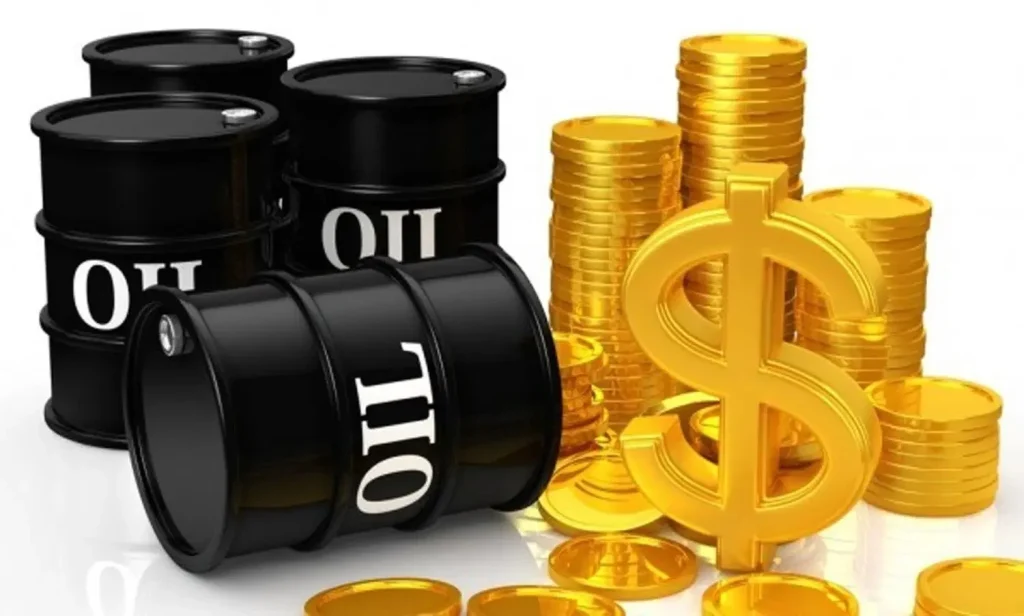Nigeria’s Bonny Light crude oil, a key benchmark for the country’s economy, ended 2022 at $81.94 per barrel, wiping out all gains made during the year. According to data from the Central Bank of Nigeria (CBN), this represents an 8.26% decline from the $88.71 per barrel recorded in January 2022. The volatile price movements, driven by global events such as the Russia-Ukraine conflict, underscore the challenges facing Nigeria’s oil-dependent economy as it navigates a turbulent global market.
A Year of Price Volatility
Bonny Light’s price trajectory in 2022 was marked by significant fluctuations. Starting at $88.71 in January, the price climbed to $99.64 in February and peaked at $130.01 in June, spurred by Russia’s invasion of Ukraine in February 2022. The war prompted Western sanctions on Russia, a major oil exporter, tightening global supply and driving prices upward. However, the gains were not sustained, with prices falling to $106.51 in April, $116.72 in May, $120.54 in July, $106.34 in August, $93.25 in September, $96.57 in October, and $93.36 in November, before settling at $81.94 in December.
This decline reflects broader market dynamics, including fears of a global recession and reduced demand forecasts. Despite the high of $130.01 in June, the year-end price drop erased earlier gains, highlighting the vulnerability of Nigeria’s oil revenues to global economic shifts.
OPEC’s Role in Market Stability
Amid these price swings, the Organization of Petroleum Exporting Countries (OPEC) and its allies, through the Declaration of Cooperation (DoC), played a pivotal role in stabilizing the global oil market. Signed six years ago by 23 oil-producing countries, including Nigeria, the DoC fosters cooperation to ensure sustainable market stability. OPEC Secretary General Haitham Al Ghais praised the framework, stating, “The Declaration of Cooperation is an unprecedented collaborative framework… that continues to play an instrumental role in supporting market stability.”
The DoC’s efforts, including production adjustments, helped mitigate extreme volatility, supporting both producers and consumers. Al Ghais emphasized that this stability is “essential for growth and development” and attracts necessary investments for energy security. For Nigeria, a key OPEC member, this cooperation has been critical in navigating the challenges posed by fluctuating oil prices.
Economic Implications for Nigeria
The drop in Bonny Light’s price to $81.94 per barrel poses significant challenges for Nigeria, where oil accounts for over 80% of export earnings and a substantial portion of government revenue. The price decline, coupled with production constraints due to oil theft and pipeline vandalism, limited Nigeria’s ability to capitalize on high prices earlier in 2022. The CBN reported that Nigeria’s crude oil production averaged 1.2 million barrels per day in 2022, below its OPEC quota of 1.8 million, further straining fiscal resources.
As Nigeria faces economic headwinds, including 21.09% inflation and a naira depreciation to ₦450 per US dollar in January 2023, the loss of Bonny Light’s gains underscores the need for economic diversification. The government’s efforts to secure a $7 billion IMF loan and implement reforms like the Domestic Debt Exchange Programme highlight the urgency of addressing fiscal vulnerabilities.
Looking Ahead to 2023
The volatility of Bonny Light’s price in 2022 serves as a reminder of the risks inherent in Nigeria’s reliance on oil. While OPEC’s DoC provides a framework for market stability, domestic challenges like underproduction and global uncertainties, such as the ongoing Ukraine conflict, will continue to influence prices. Policymakers must prioritize strategies to boost production, curb oil theft, and invest in non-oil sectors to build a more resilient economy in 2023.






